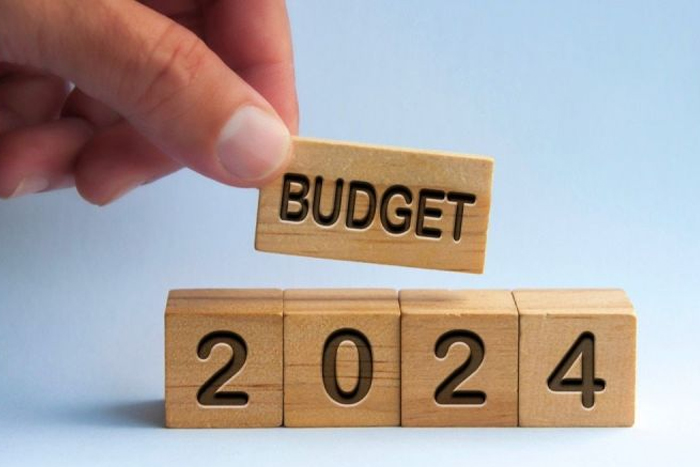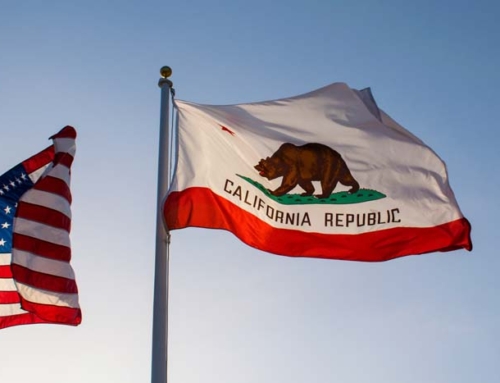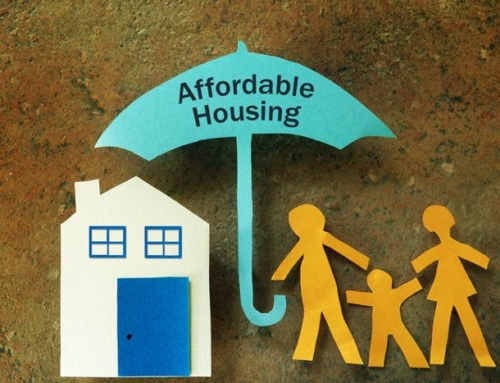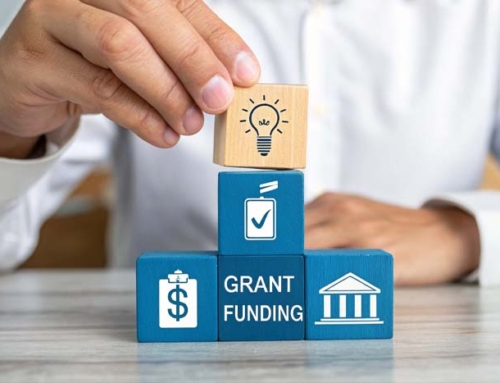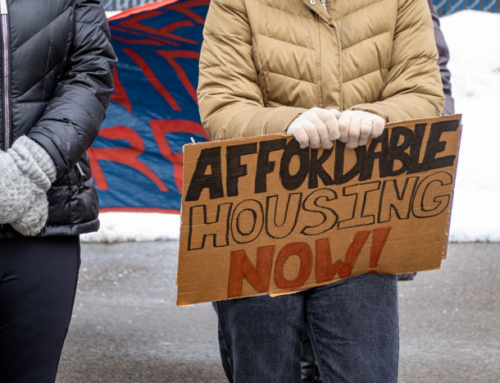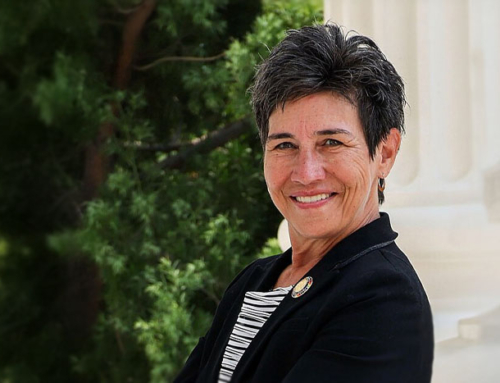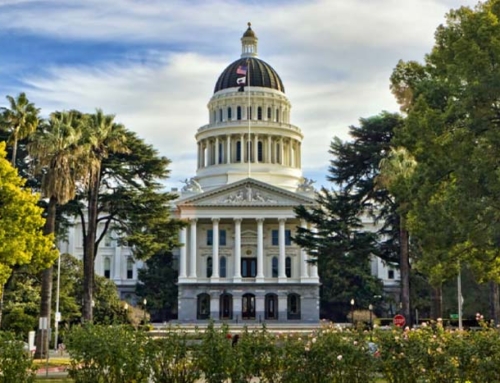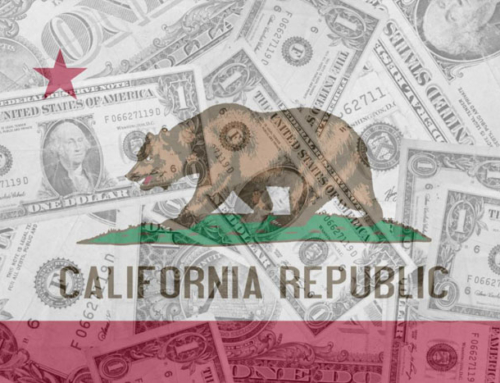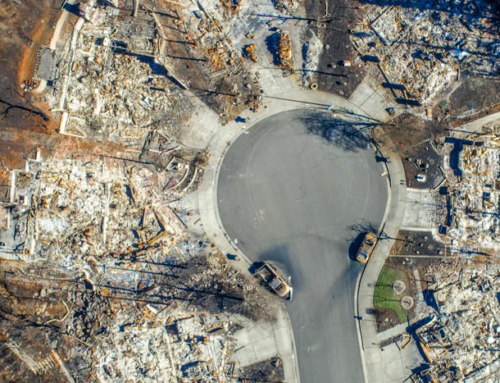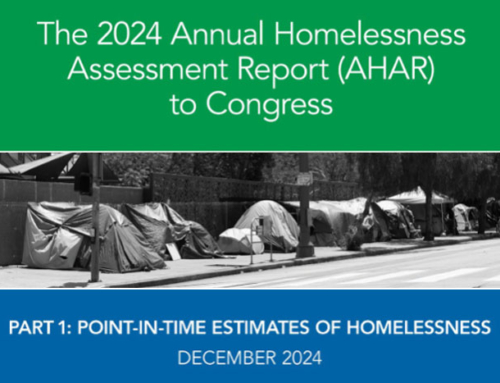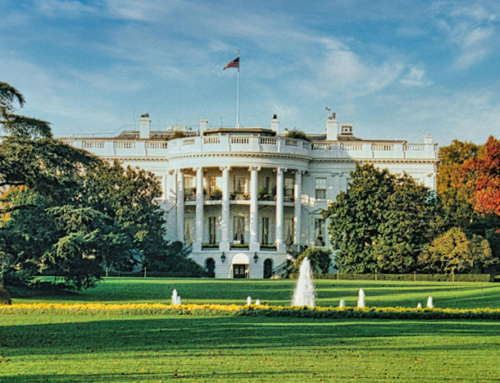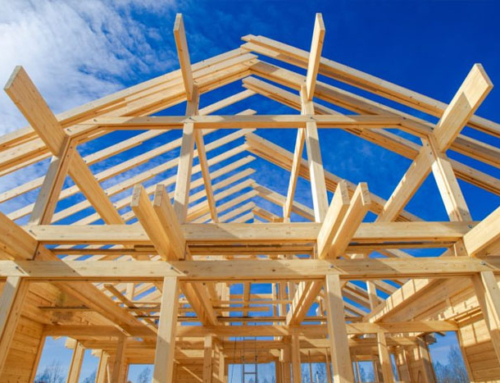The Governor announced his budget on January 10th, detailing several reversions and reductions in funding, including those for housing and homelessness programs, to address the State’s anticipated budget deficit. The Governor’s team projected a lower deficit than the State Legislative Analyst Office’s (LAO) projection – close to $38B compared to the LAO’s $68B estimate – largely due to more optimistic revenue projections.
Despite this, key housing and planning programs saw reversions of more than $1B of previously committed funding, while key homelessness programs saw delays of around $600M to future years.
Most housing and homelessness programs do not include ongoing sources of funding, making it difficult for localities and developers to plan ahead.
Reversions and reductions of key housing and planning programs include:
- Regional Early Action Planning Grants 2.0 (REAP 2.0): A reversion of $300M from a total of $600M authorized through the 2021-22 budget.
- State Low-Income Housing Tax Credits: no additional $500M for LIHTC; previous years had included this addition, beginning in 2019.
- Multifamily Housing Program: A reversion of $250M, leaving $75 million in 2023-24.
- Infill Infrastructure Grant Program: A reversion of $200M, leaving $25 million in 2023-24.
- Veteran Housing and Homelessness Prevention Program: A reversion of $50M, the total amount authorized in 2023-24.
- Foreclosure Intervention Housing Preservation Program: A reduction of $247.5M over the next three years (reductions of $85 million in 2024-25, $100 million in 2025-26, and $62.5 million in 2026-27), reducing the program by half to $250M.
- CalHome Program: A reversion of $152.5M in 2023-24, a greater amount than the $50M initially subjected to trigger restoration in the FY 2023-24 budget.
Delays and shifts to key homelessness programs include:
- Homeless Housing, Assistance, and Prevention (HHAP) grants: A delay from 2023-24 to 2025-26 of $260 million General Fund HHAP funding to align more appropriately with when those funds will be available to eligible applicants. The Budget maintains a total of $1 billion General Fund for HHAP 5 across 2023-25 to provide local jurisdictions, including federally recognized tribal governments, with flexible funding to continue efforts to prevent and end homelessness in their communities. The Governor indicated a desire to seek more accountability and more aggressive clean-up of encampments, noting that accountability within the homelessness sector could look similar to the Housing Accountability Unit’s work of housing legislation enforcement and the Mental Health Services Act’s “one simple plan for all funding streams for mental health”.
- Behavioral Health Bridge Housing: A shift of $265 million from the Mental Health Services Fund appropriated in the 2023 Budget Act to the General Fund in 2024-25 due to lower-than-projected Mental Health Services Act revenues and a delay of $235 million General Fund originally planned for 2024-25 to 2025-26.
- Behavioral Health Continuum Infrastructure Program: A delay of $140.4M General Fund from 2024-25 to 2025-26 for a total of $380.7M for the final round of grants in 2025-26.
Housing and homelessness are multisectoral issues, and previous budget years had included funding to address the crisis through work in other sectors, such as student housing and decarbonization. Unfortunately, this year’s budget proposed suspensions and reductions to those programs.
- The budget proposed suspending funding for the California Student Housing Revolving Loan Fund Program, pulling back $300M annually for the program each year from 2024 – 2029, and reverting most of what was appropriated in 2023 – 24; this would be an additional blow to educational housing given that the State shifted previously-committed Higher Education Student Housing Grants to debt financing last year.
- The budget additionally proposed a reduction of $283M and a shift of $87M to the state’s Greenhouse Gas Reduction Fund for the California Energy Commission’s Equitable Building Decarbonization Program, maintaining $639M for this program. The Equitable Building Decarbonization Program provides decarbonization retrofits to low- and moderate-income households and incentivizes increased adoption of low-carbon technologies. The governor pointed to forthcoming Federal Inflation Reduction Act funds that could supplement these cuts.
The release of the Governor’s spending priorities kicks off the annual budget process for the fiscal year beginning July 1, 2024. In May, the Governor will release the May Revise, which will include updated revenue forecasts and will likely result in changes to the recommended funding amounts included in his January proposal. The Legislature has until June 15th to pass a budget and move it to the Governor’s desk for action, with budget hearings typically beginning in February. The Governor has until July 1, 2024, to sign the budget bill. It is expected that a lot will change between January and July; LeSar will keep you updated along the way.
© LeSar Holdings/LeSar Development Consultants. All Rights Reserved. Please be advised that any republishing of copyrighted material provided by our organization, in whole or in part, requires prior written authorization. For permission, please reach out to [email protected]. We appreciate your understanding and compliance in upholding copyright laws.

